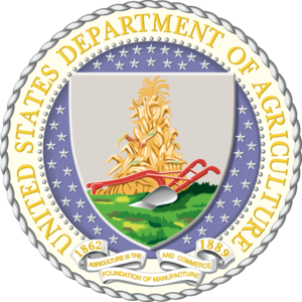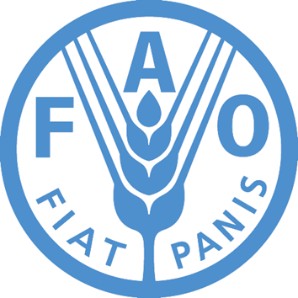    |
All types of sciences deal with two different groups of people:
those who support the science and those who oppose it. Agricultural
Biotechnology is no different. Although many people have recently
started supporting it, many people are still skeptical of the idea of
genetically modifying crops. Agricultural biotechnology also has many
legal and ethical issues tied to it. With the improvement of this new
biotechnology yearly, more and more rules and regulations are put out.
Problems with Agricultural Biotechnology: Many people believe that the transgenic crops will threaten the diversity of plants by promoting mono-cultures. These mono-cultures can eventually lead to environmental simplification, and genetic erosion. Also, many people believe that the increase of genetically modified crops will increase the amount of pesticide resistant bugs. Some environmentalists question the beliefs that agricultural biotechnology is "value free" and that it cannot be misused. Many of these environmentalists want an ethical evaluation of genetic engineering research, and products. Ethical Issues: There are many ethical issues that come from agricultural biotechnology. It is hard to set rules to follow for what people can and cannot do, because different people have different ideas of what is an acceptable risk level. Some ethical issues include: -The availability and use of information -Potential for ecological harm -Access to new drugs and treatments -Idea of interfering with nature Legal Issues: The
United States Department of Agriculture (USDA) is one of the most
important groups to make sure that products produced by agricultural
biotechnology are safe to be used and grown in the United States. They
support the safe and correct use of science and biotechnology to help
meet consumer needs. However, to make sure agricultural biotechnology
is safe requires a lot of patents, and involves covering a lot of legal
issues. -Legal Issues in Foreign Countries: One of the main legal issues being discussed today is whether
GM food should be forced to label genetically modified foods, or if it
should be the decision of the company. This issue does not only involve
the United States, but also involves all the companies who import food.
These countries need to decide whether they are satisfied with their
food not being labeled, or whether they would like genetically modified
foods to be labeled. Governments in most countries around he world are
having problems establishing policies and regulations that must be
followed in regards to agricultural biotechnology. However,
international agreements on bio-safety, biodiversity, and trade, which
poor countries usually have little say in, could either reduce or
enhance benefits to people in developing countries and to people with
low incomes. Many national policies dealing with the labeling issue will be influenced by international agreements, yet disagreements between the European Union (EU) and the United States and Canada are most likely going to make negotiating difficult. Many foreign nations, such as Australia, Japan, and the EU, are either considering having genetically modified foods labeled, or have already done so. This is one of the largest differences between the united States, and other countries. -Patent Laws: Patents are very common in agricultural biotechnology. They have helped improve the relationship of many groups of people trying to find advances in this filed, such as the relationship between universities and industries. However, patents can also be used for individuals using agricultural biotechnology. Farmers may be facing legal disputes involving intellectual property. Intellectual property rights in agricultural biotechnology include patents and plant variety protection certificates, which both are used to protect technological advances. The rights from these patents allow the people who own them to stop competitors from making, using, or selling the owner's invention for a limited amount of time. Because of the potential for rapid developments and new discoveries, people who do research to improve agricultural biotechnology have increased their interest in patenting. This creation of strong and internationally recognized patent laws help to protect their investments.-Laws and Agreements: There are already several agreements and laws that have been passed to ensure that agricultural biotechnology is practiced safely. -Major Statutes: Plant Protection Act, Plant Variety Protection Act, Plant Patent Act -Regulations: Genetically Engineered Plant Regulations, Plant Incorporated Protection Regulations, Plant Variety and Protection Regulations -Food and Agriculture Organization of the United Nations (FAO) and its International Treaty on Plant Genetic Resources for Food and Agriculture -The Trade Related Aspects of the Intellectual Property Systems (TRIPS) Agreement -The International Convention for the Protection of New Varieties of Plants (UPOV) Agreement -Landmark Patents: Diamond v. Chakrabarty (1980). Provided complete patent protection for genetically engineered life forms, ranging from microorganisms to plants
|